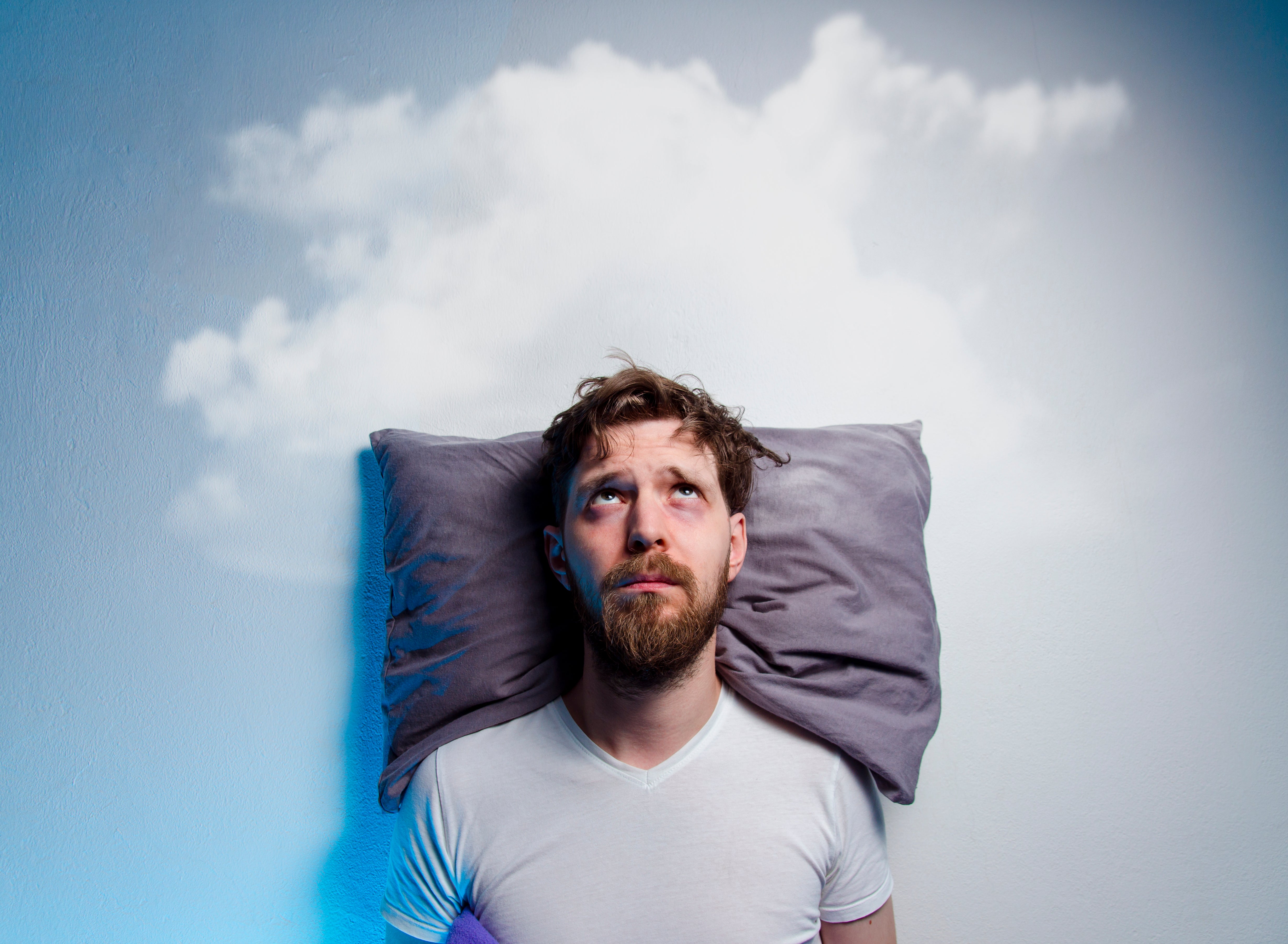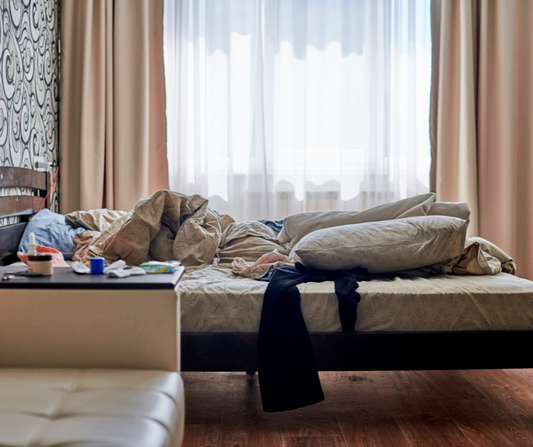One-third of our lives is spent sleeping—at least, that’s the goal. As you probably know, those eight hours of nightly rest are vital for healing the body, activating the immune system, and enhancing intellectual function, alertness and mood. Yet, sleep is more than meets the eye and remains a fascinating terrain for exploration.
Let’s check out a few burning questions about sleep!
What’s the longest anyone has gone without sleep? In 1964, a high school student went 264.4 hours (11 days!) without sleep, claiming first place in the Great San Diego Science Fair. Don’t try it! Sleep deprivation can be dangerous, and its best to keep a regular sleep schedule.
How long should it take to fall asleep? The rule of thumb is to use the “Goldlocks” approach to falling asleep. That is, the ‘just right’ time to fall asleep is between 15-20 minutes. If it takes less than five minutes, it might indicate exhaustion. On the other hand, consistently spending more than 20 minutes trying to fall asleep could signal sleep issues.
Why the wet pillow? The mysterious wet patch on your pillow is likely a result of nocturnal drooling, a common occurrence. It happens when saliva pools in your mouth, and as you lie flat, it dribbles out. Unpleasant, perhaps, but harmless.
Why do I Jolt Awake While Falling Asleep? Those sudden jerks, known as myoclonic jerks, remain a mystery. Some attribute them to bursts of brain energy. Anxiety, late-night caffeine, or exercising too close to bedtime may heighten the chances of these innocuous involuntary movements.
Why don’t I dream? Most people experience four to six dreams each night but it's common to forget them upon waking.
Are there sleep-related phobias? Absolutely! Somniphobia (fear of falling asleep), Oneirophobia (fear of nightmares), Clinomania (urge to stay in bed all day), and Dysania (reluctance to get out of bed) are a just a few.
How common is insomnia? One in three adults worldwide experience insomnia. But pets and even insects can suffer from the problem, leading to issues like those experienced by sleep-deprived humans.
Do our senses take a break when we sleep? Studies have shown that noise can penetrate our consciousness and wake us up as we slumber, but smells won’t. This is supposedly one of the reasons why fire alarms were invented.
What have we learned?
The science of sleep is fascinating! Do you have more unanswered burning questions about sleep? Leave them in the comments below and perhaps you will find the answers in an upcoming blog.
Scroll down and sign up for our monthly newsletter to learn more.
Dream big, work hard, sleep ambitiously,
Joe Castignani



